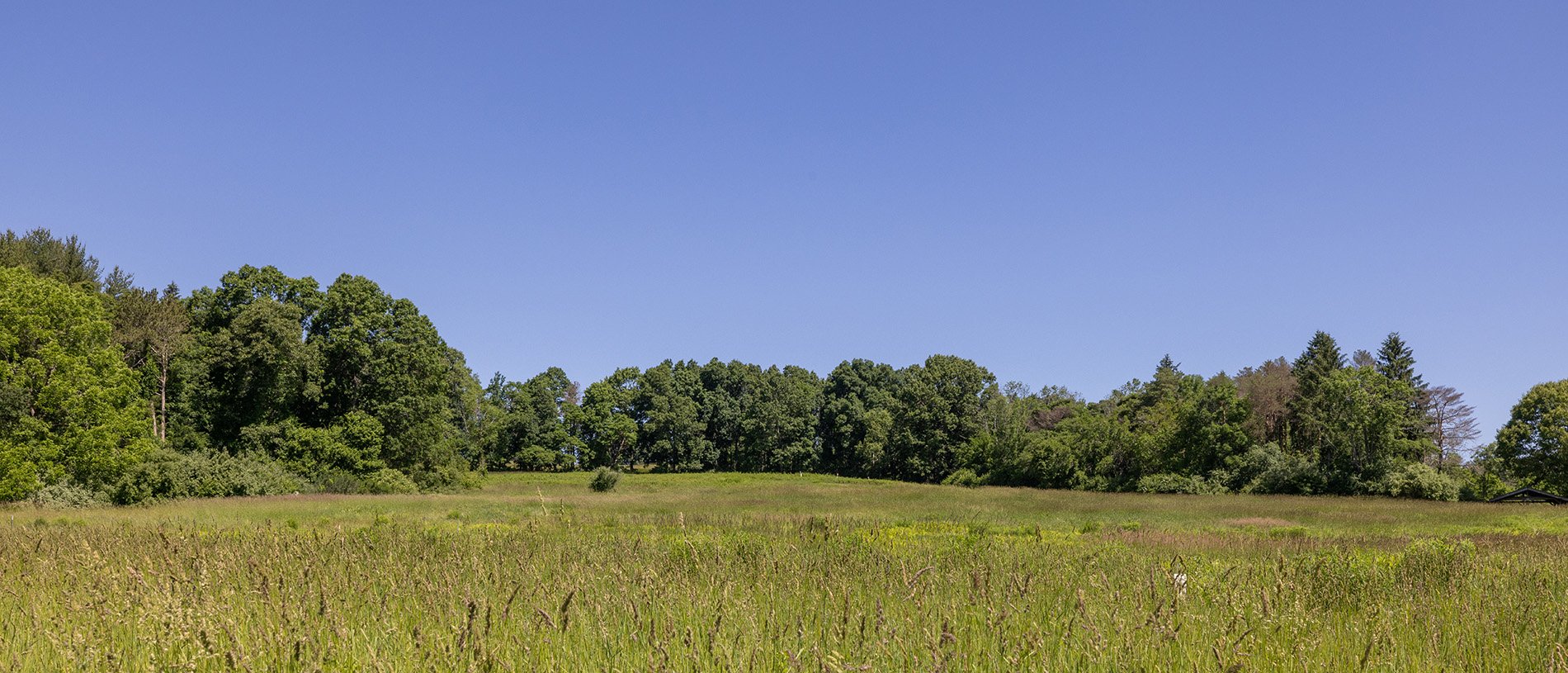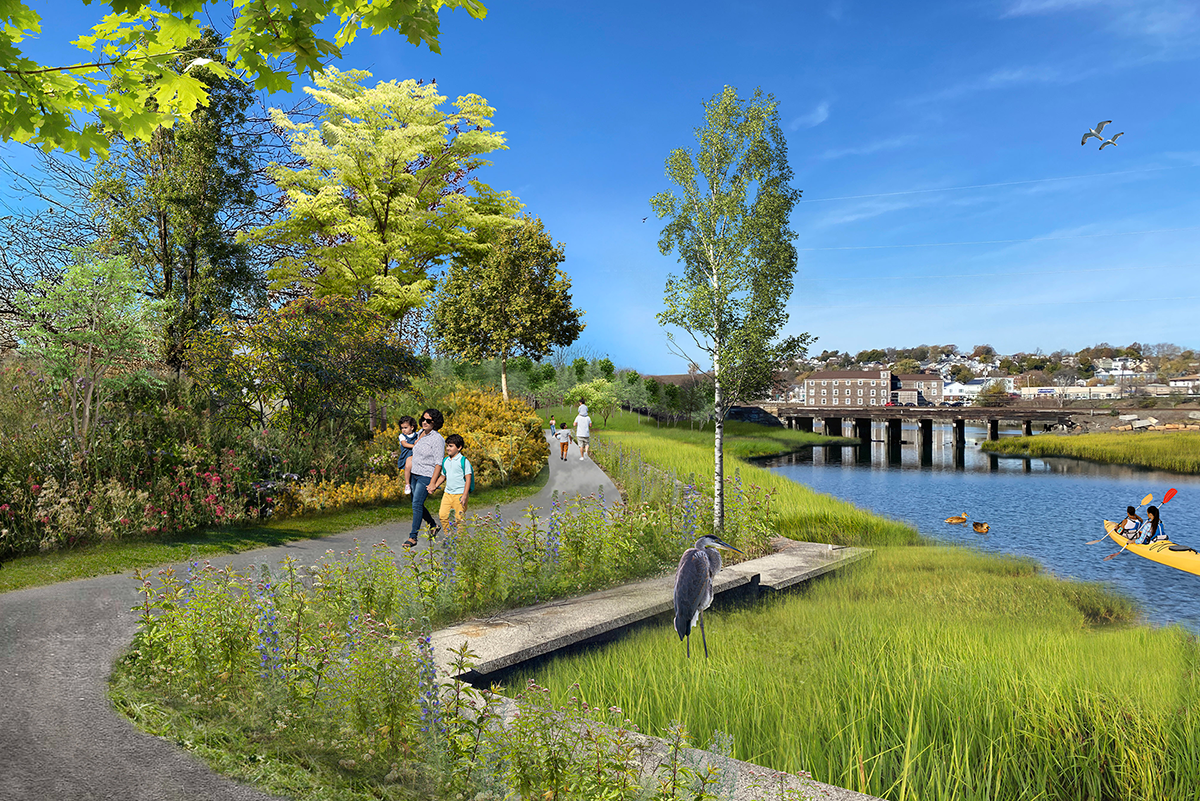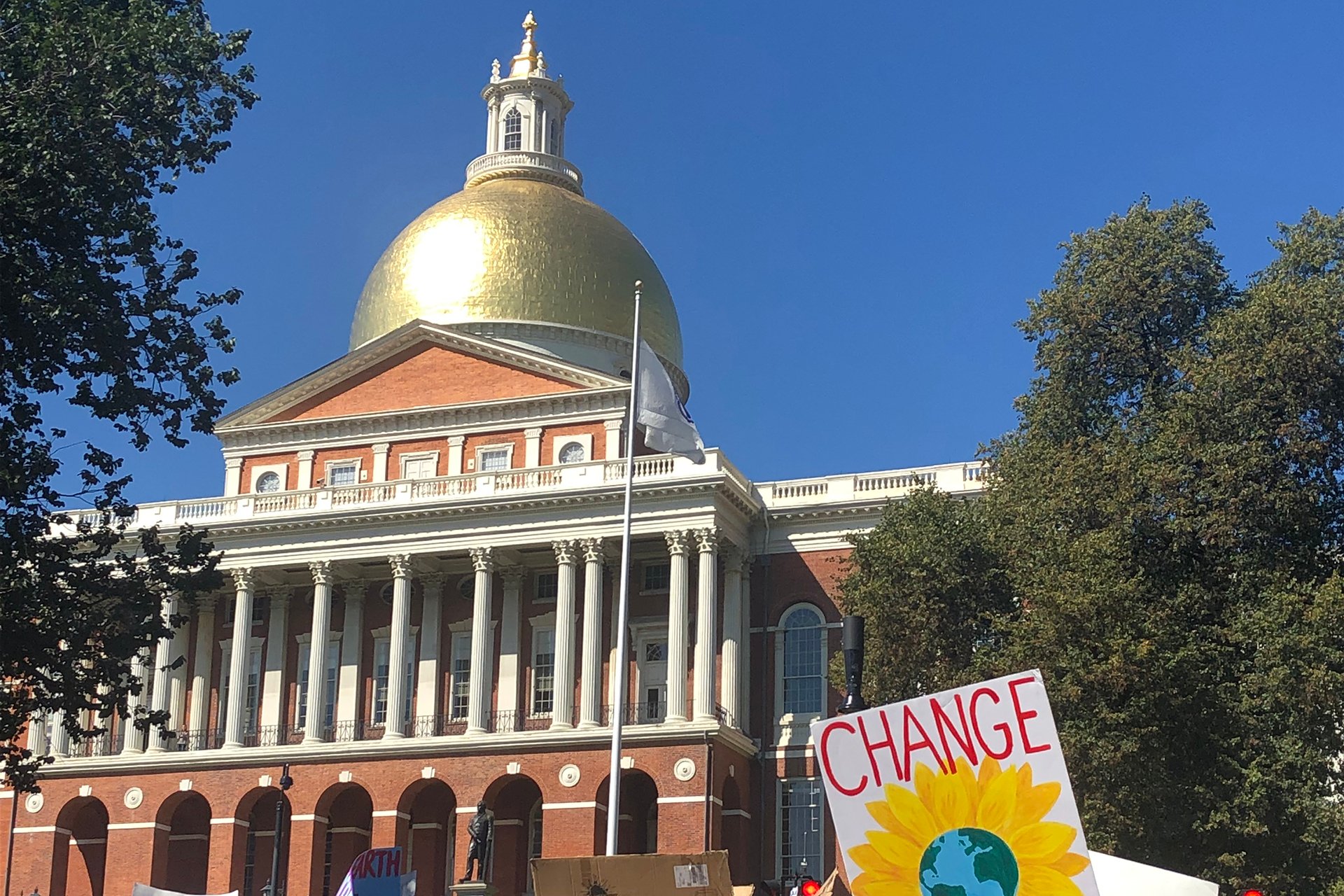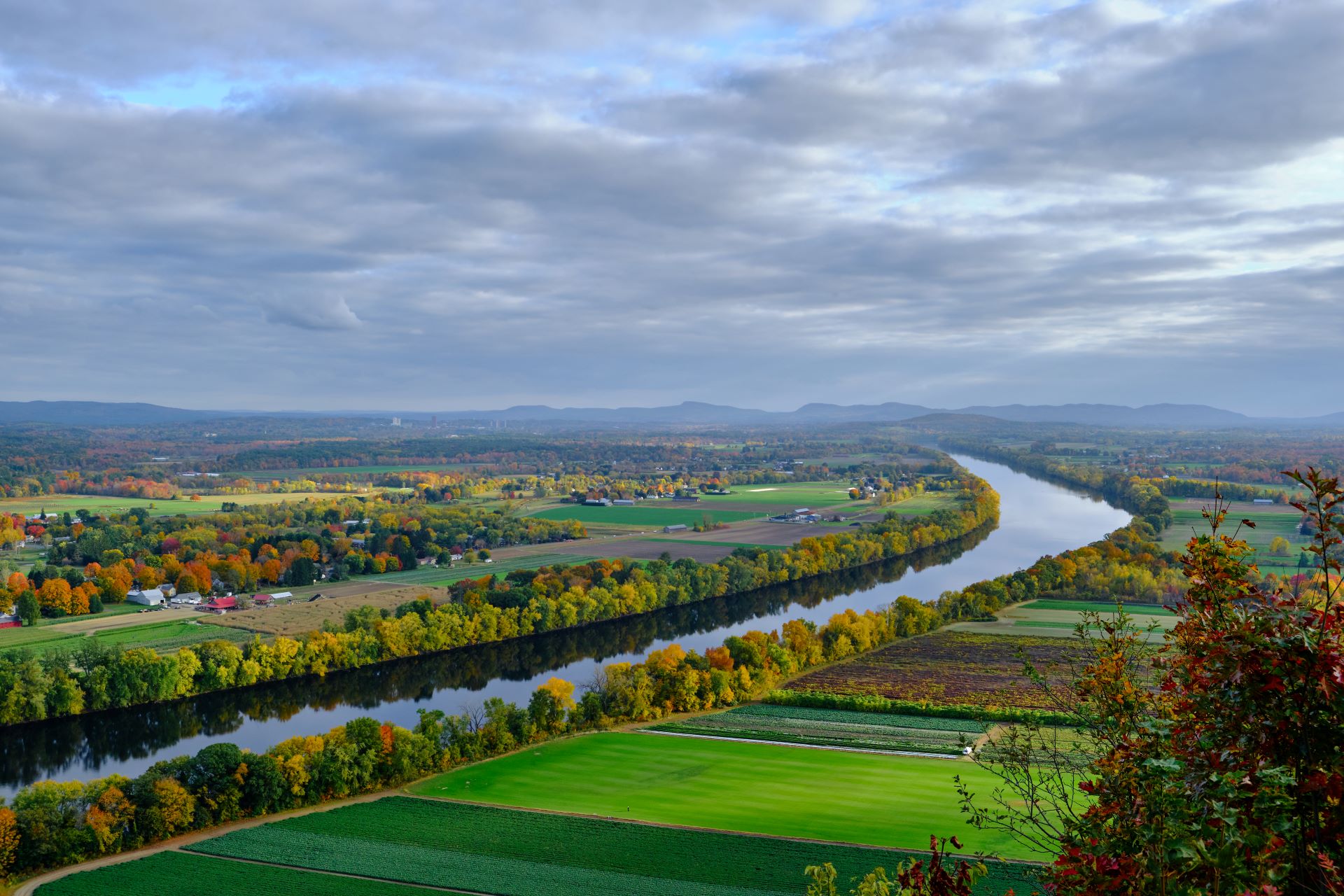Mass Audubon supports state restrictions on pesticides that harm people and pollinators
Press Release
March 08, 2021
LINCOLN, MA.--Massachusetts has joined Vermont, Maryland, and Connecticut as the only states in the U.S. to place restrictions on consumer uses of neonicotinoid pesticides (known as neonics). Neonics are not only harmful to people, but they harm pollinators such as bees, butterflies, birds, and bats.
On March 1, the Massachusetts Pesticide Board Subcommittee passed regulations, which go into effect in 2022, to eliminate most products containing neonics from retail sales. Additionally, only licensed pesticide applicators will be able to use pesticides containing neonics for lawn care or on turf, trees, shrubs, and gardens.
“We applaud the tremendous leadership of Rep. Carolyn Dykema, the Attorney General’s Office, and legislators from both parties who signed on to An Act to protect Massachusetts pollinators,” Mass Audubon President David J. O’Neill said. “While this groundbreaking legislation didn’t pass, it elevated awareness of the risks that neonics pose to our food systems and biodiversity, enabled a review of the best available science, and created the necessary push for this critical regulatory change.”
These regulations are a hard-won victory, but our work to protect pollinators is far from complete. Mass Audubon, with its 135,000 members and 104 wildlife sanctuaries statewide, will continue to work with the Massachusetts Pollinator Network--a powerful grassroots coalition--to advocate for broader protections for pollinators.
We will advocate for training and information for consumers and pesticide applicators on the risks of neonics, labeling of nursery plants treated with them, and a phase-out on their use for merely aesthetic purposes and of neonic-coated corn and soybean seeds.
About Mass Audubon
Mass Audubon is the largest nature-based conservation organization in New England. Founded in 1896 by two women who fought for the protection of birds, Mass Audubon carries on their legacy by focusing on the greatest challenges facing the environment today: the loss of biodiversity, inequitable access to nature, and climate change. With the help of our 160,000 members and supporters, we protect wildlife, conserve and restore resilient land, advocate for impactful environmental policies, offer nationally recognized education programs for adults and children, and provide endless opportunities to experience the outdoors at our wildlife sanctuaries. Explore, find inspiration, and take action at massaudubon.org.






